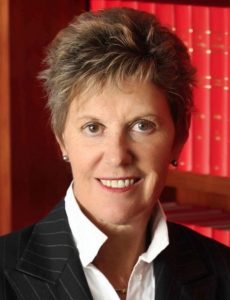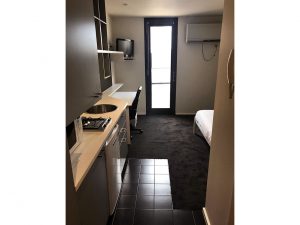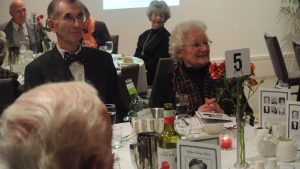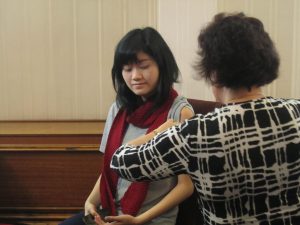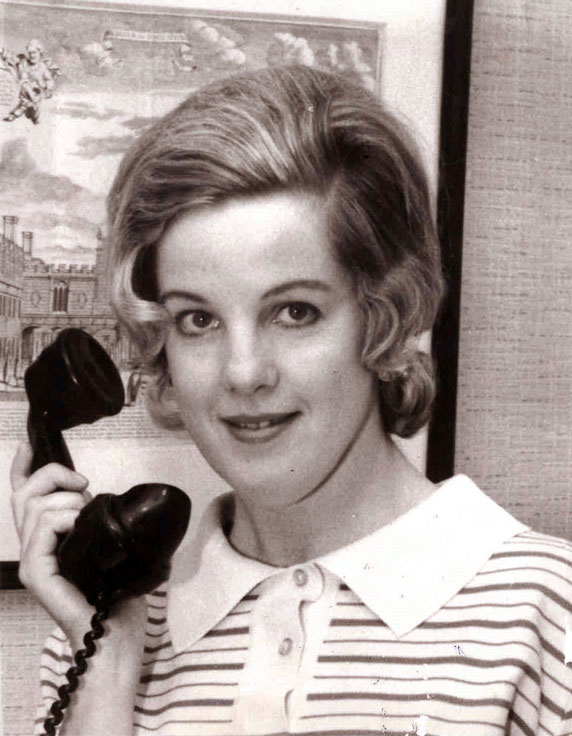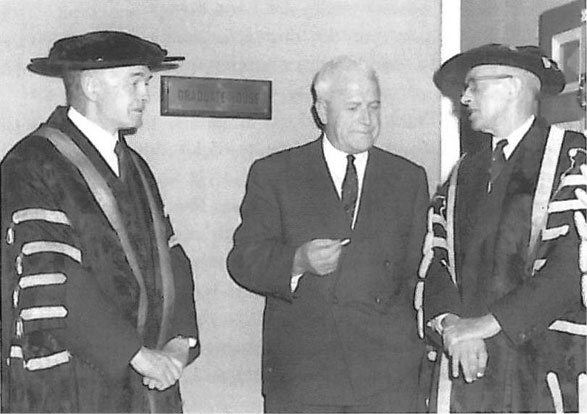We are an association of graduates, a graduate residential college and a graduate meeting place.
Vision
The Graduate Union is renowned as the pre-eminent Australian membership association of graduates of universities from around the world, living, meeting and learning within a vibrant and active collegium which advances education and its application for the good of society.
Mission
Our Graduate House – a residential college and meeting place – and Graduate Union – an association with members across the world – bring together undergraduates and graduates (from first degree through further study, careers, caring roles and retirement) for the socially responsible advancement and application of education.
Purpose
The principal purpose of the Graduate Union is the advancement of education for the benefit of the community by:
- providing high quality accommodation in Australia for university students, in order to promote and foster: (a) post-graduate study, research and career development; and (b) learning, collegiality and collaboration between undergraduates and postgraduates for the benefit of the education, research, and not-for-profit sectors in Australia
- providing meeting facilities and services in Australia for the academic, research and not-for-profit sectors
- promoting and bringing together graduates through membership, so that educational, professional, cultural and social relations and networks are fostered and maintained, including by way of: (a) hosting networking functions, lectures and events in Australia; (b) hosting and promoting lectures from members and guest lecturers; (c) publication of a newsletter, magazine, blog or any other form of publication to support, develop and promote academic achievement; (d) publication of a newsletter, magazine, blog or any other form of publication to support, develop and promote career development for undergraduates and graduates, and to support, develop and promote business achievements, volunteer work and beneficial work in the community by undergraduates and graduates
- developing a community that otherwise supports and sustains: (a) academic, career and social experiences; (b) lifelong sharing of knowledge and skills; and (c) educational outcomes for the wider public benefit
Values
Values of our Members
- collegiality
- universal friendship
- lifelong learning
- social consciousness and responsibility
- intellectual challenge and contribution
- intercultural and interdisciplinary experiences
Values of our Association
- responsibility, accountability
- stewardship
- contribution, performance
- professionalism, integrity
- transparency and ethics
- welcome, encouragement
- support, inclusion
- respect for differences
- integration with diversity
- focus on strengths
Major Historical Milestones
The Graduate Union boasts a rich history spanning over 100 years. Below are some of our major milestones, esteemed Members and fond memories.
2016
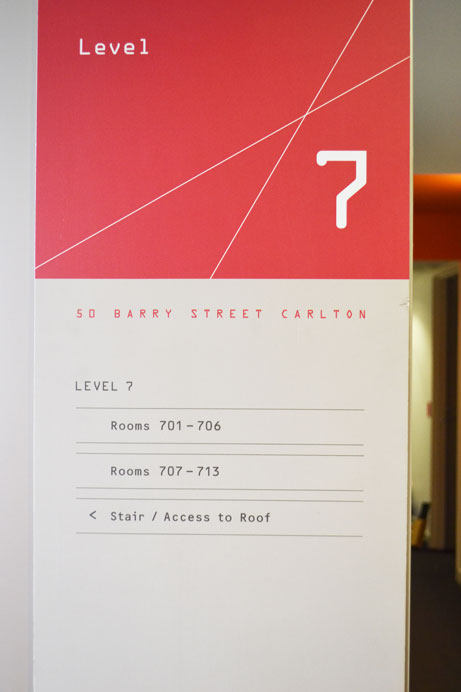
The Graduate Union purchases all 13 apartments of the top floor at 50 Barry Street, Carlton.
2015
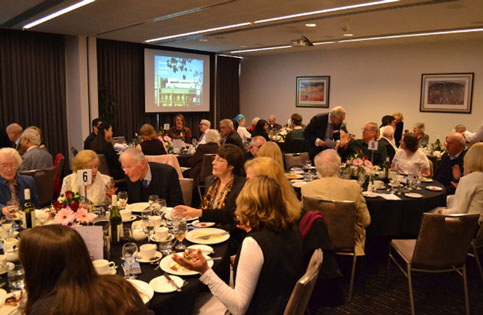
The Graduate Union has its first Donor Thank You Luncheon.
2013
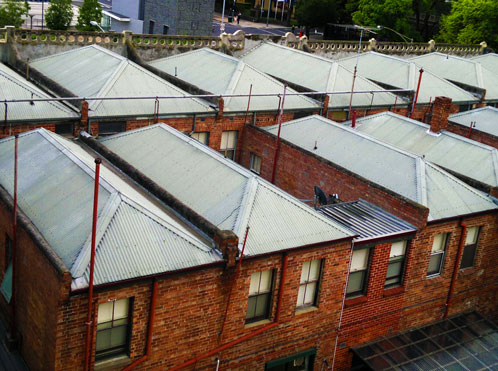
A very generous bequest from Dr Thomas Ron Albert Davey was put towards the repair and maintenance of the roofs of the William Berry Wing. The roofs are now known as the Davey Lofts.
2012
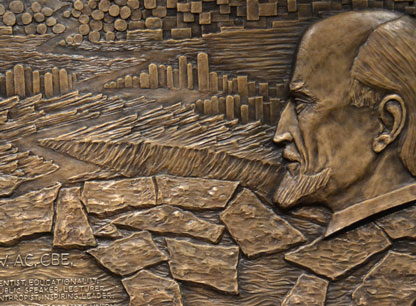
A generous bequest from long term member and philanthropist Dr Phillip Law led to the naming of the Phillip Law Members Lounge.
2011
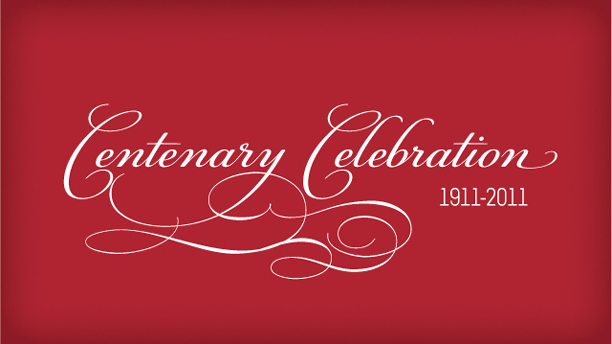
The Graduate Union has its centenary celebrations.
2010
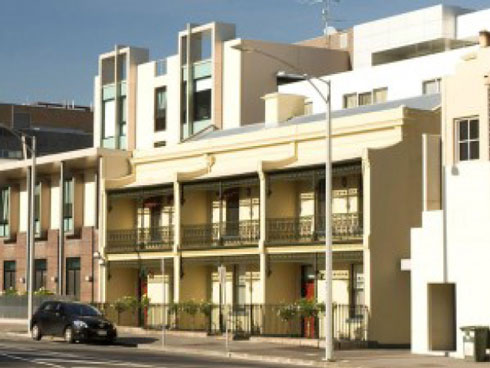
The redeveloped Stella Langford Wing is opened with meeting rooms, residential self-contained apartments and a multi-storey car park.
2005
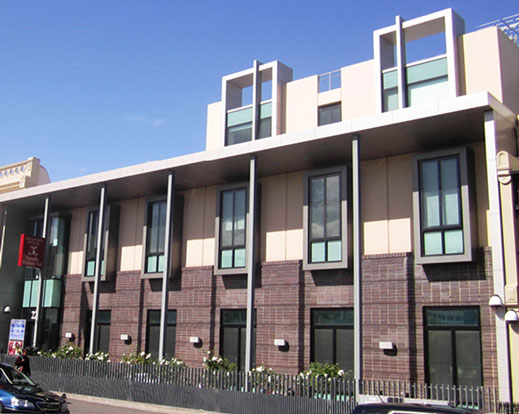
The central four-storey college wing is opened, comprising 58 en suite rooms, a large ground floor dining room and lounge, an industrial kitchen and the Stillwell and Ian Potter meeting rooms.
1991
Graduate Union status changed from company limited by guarantee to incorporated association.
1988
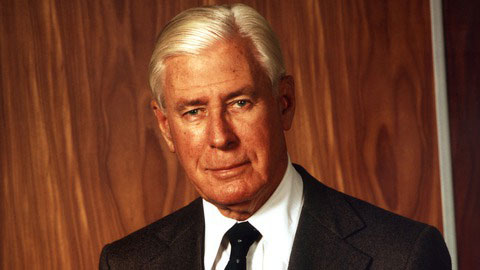
The Ian Potter Foundation gives a generous donation which is used to improve dining and meeting facilities.
1984
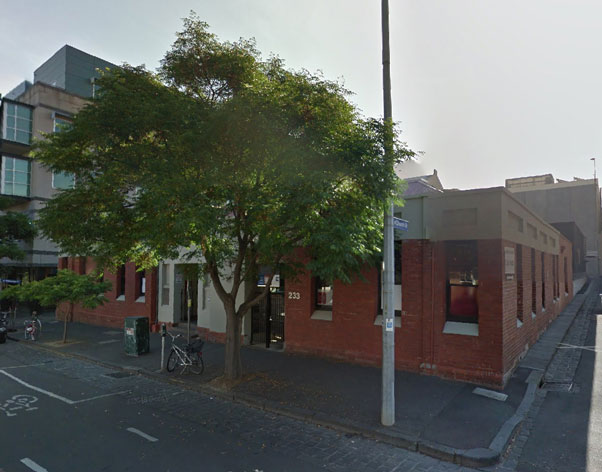
233 Bouverie Street is purchased. This is sold in 2001 to fund redevelopment of the large warehouse site.
1974
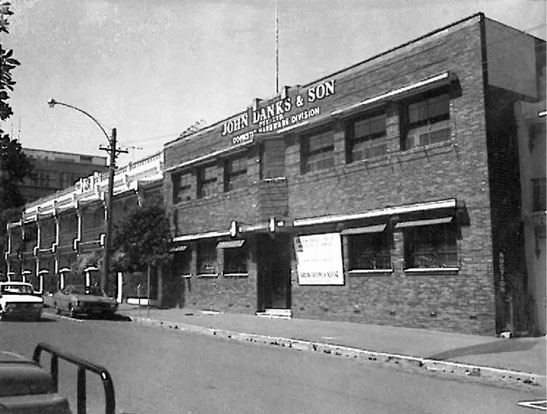
Kidd’s Warehouse, from 216 to 220 Leicester Street, is purchased and is later (2005) redeveloped to form the current four-storey middle wing of the residential college.
1972
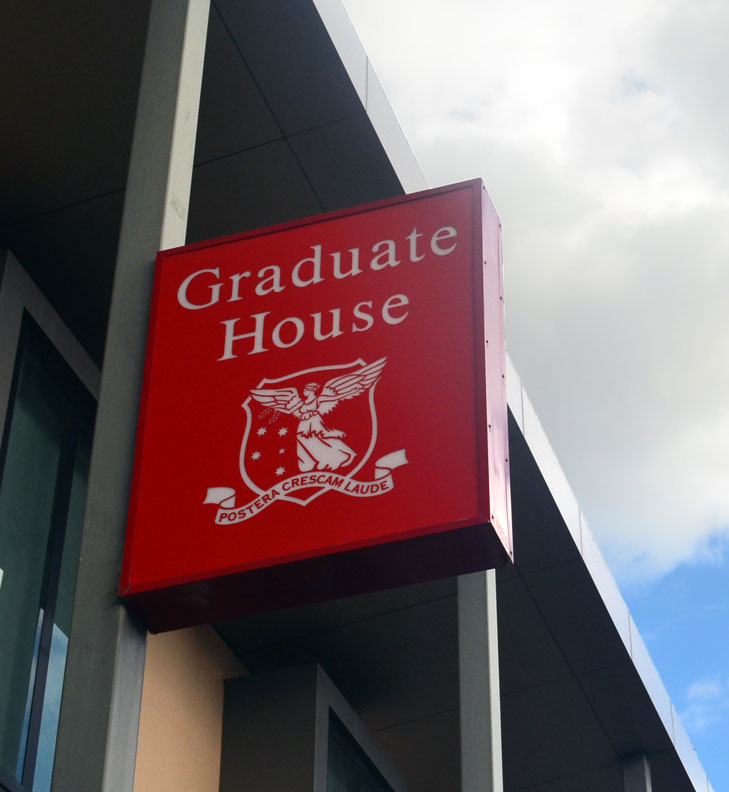
Graduate House is affiliated as the eleventh residential college of The University of Melbourne. It remains the only graduate-only college.
1971
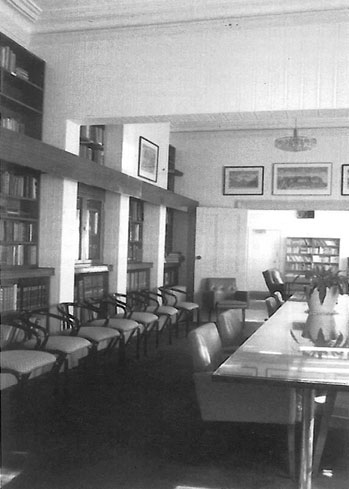
The third stage of the terraces are opened. The library is named after Sir William Johnston, the 2nd President of The Graduate Union.
1970
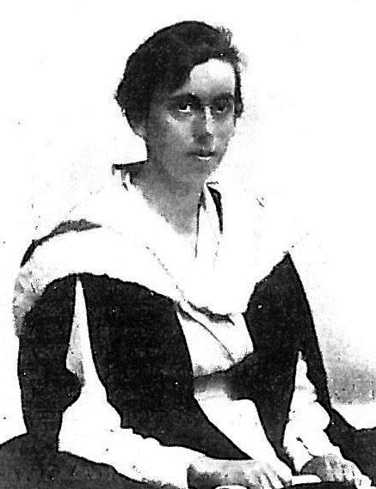
The three terraces from 210 to 214 Leicester Street are purchased through benefaction from Stella Mary Langford.
1969
The Graduate Union incorporated as a company limited by guarantee.
1965
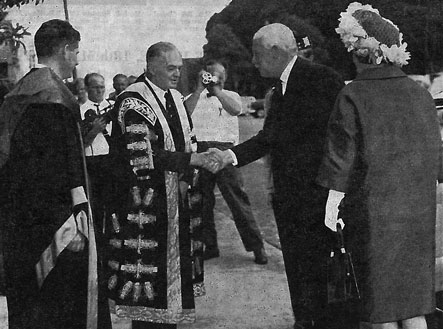
The second stage of the terraces are opened by Sir Rohan Delacombe and Chancellor, Sir Arthur Dean.
1957
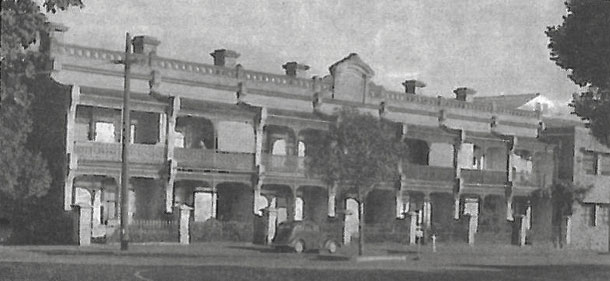
Gladstone Terrace from Grattan Street to 222 Leicester Street is purchased.
1953
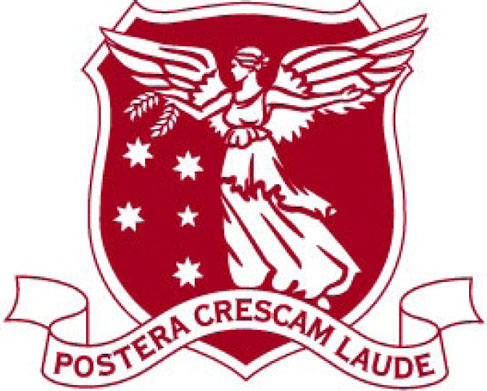
The Graduate Union is formed as an independent body.
1948

The first paid Secretary and staff member of the Association, William (Bill) Berry, is appointed.
1950
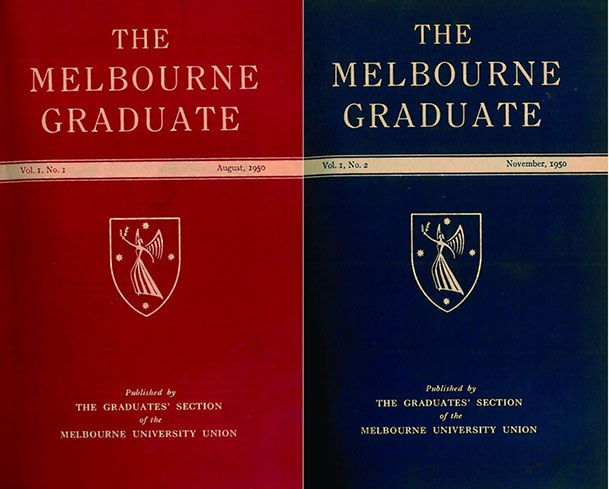
The first Melbourne Graduates are published.
1938
An affiliation with the University Union from 1938 to 1952 resulting in the MUA being absorbed into the Union and known as the ‘Graduates Section’.
1926
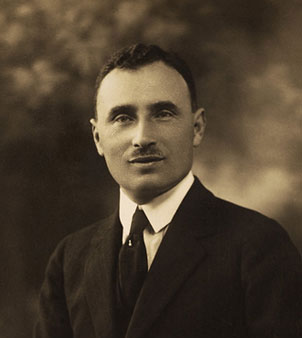
Philanthropist Sidney Myer gives an endowment to secure the future of Monthly Luncheons. These continue today.
1919
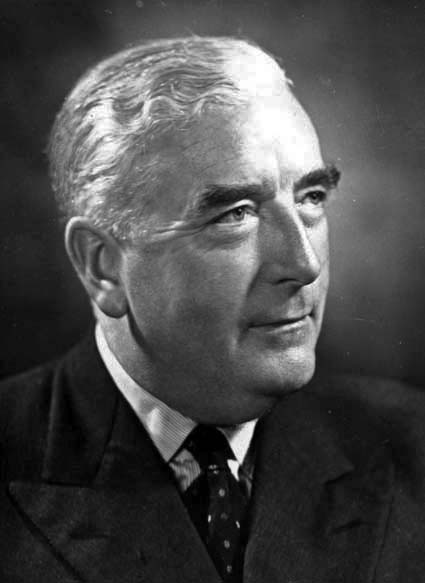
Founding Member Robert Gordon Menzies, later the 12th Prime Minister of Australia, acts as honourary Secretary-Treasurer.
1911
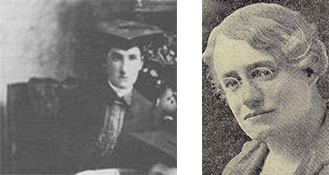
Dr (Hannah Mary) Helen Sexton, Professor Georgina Sweet and Mrs Edith Sarah Cherry elected on the 29th April, 1911 to a provisional committee for a Graduates Association at a dinner held at the Grand Hotel (Windsor) and attended by 260 guests.
At the inaugural meeting of the Association at the rooms of Dr J W Barrett at 105 Collins Street, 4th May, 2011 the first formal meeting of the committee was convened. The Melbourne University (Graduates) Association was brought into being at the second meeting on 15th May, 1911.

14th July, 1911, Sir John Monash becomes the Association’s first Chairman.
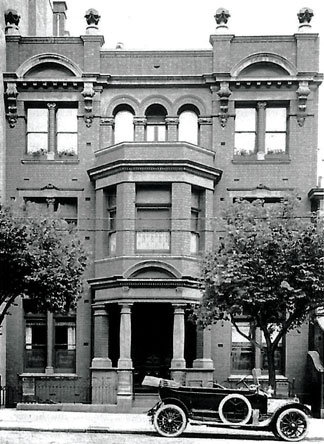
Meetings are held in the rooms of Dr J W Barrett at 105 Collins St, Melbourne.
Make a difference
Be a part of our longstanding organisation and directly impact the future of The Graduate Union.
Patrons
The Patrons of our Association are appointed by Council in recognition of high standing in the community and for their demonstrated support and promotion of the objectives of the Association (see rule 9 of the Rules of the Association).
We are proud and honoured to announce the appointment in 2017 of our Inaugural Patrons, Ms Heather Kudeviita and Mr Neil Taylor, the profiles for whom are shown below.
2017
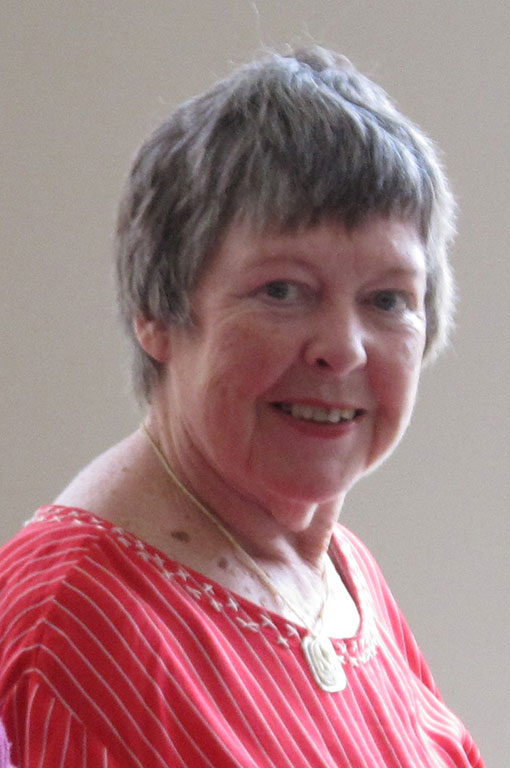
Ms Heather Kudeviita
Ms Heather Kudeviita was awarded Honorary Life Membership and appointed one of our Inaugural Patrons in 2017. Ms Kudeviita is well-known and much loved by GU Members and staff, and has contributed consistently to the Association since joining in 1962 (56 years ago). Ms Kudeviita was co-trustee of the William Berry (and [now named] Barbara Funder) Postgraduate College Trust with Barbara Funder from 1999 to 2016. She is a regular at GU Collegiate functions, particularly the monthly luncheons, and has hosted a French-speaking monthly lunch for several decades.
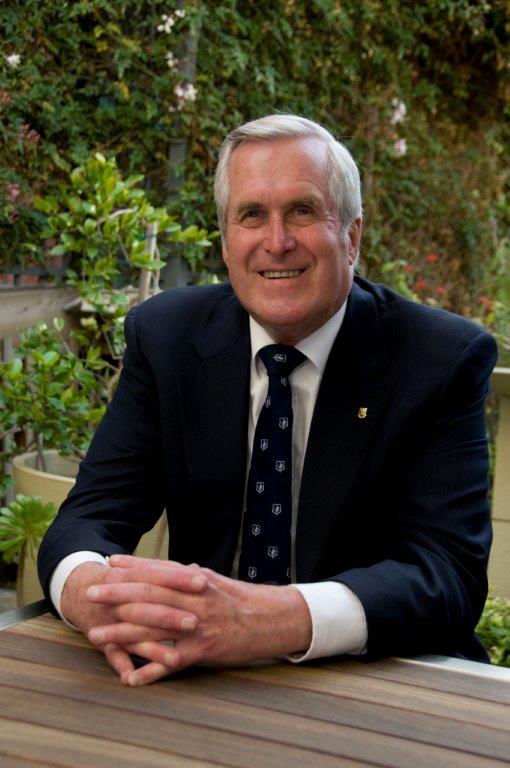
Mr Neil Taylor
Mr Neil Taylor joined the Graduate Union in 1975 and served as Chair of Council from 2004 to 2007, retiring in 2009 after ten years on Council. In 2009, Mr Taylor was presented with Honorary Life Membership for being ‘tireless in his support of the Graduate Union. Evidence of his generosity is apparent throughout Graduate House and most lately with him having named the ‘Taylor Room’ in the new Stella Langford Wing.’ Mr Taylor is a regular attendee at the Association’s functions, particularly the Monthly Luncheon and the annual events. He is passionate about the Association, has offered longstanding support and has strong and enduring cross-generational networks.
Mr Taylor was appointed one of our Inaugural Patrons in 2017.
![]()


